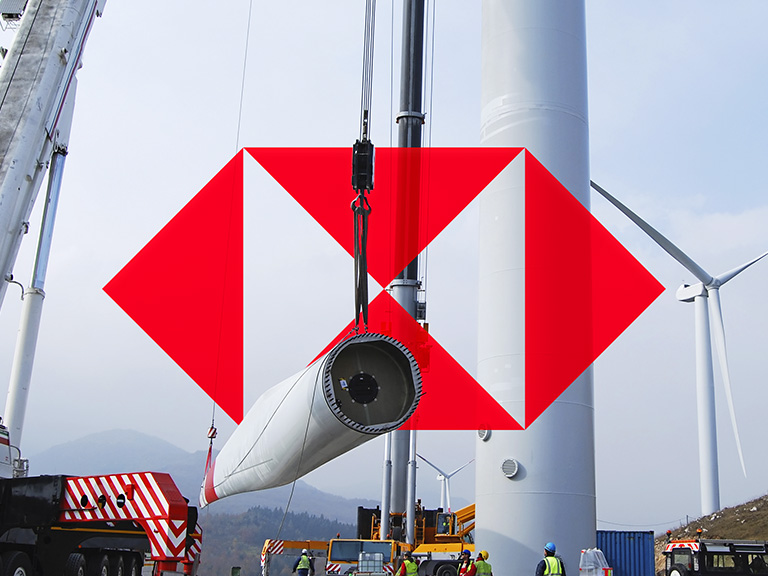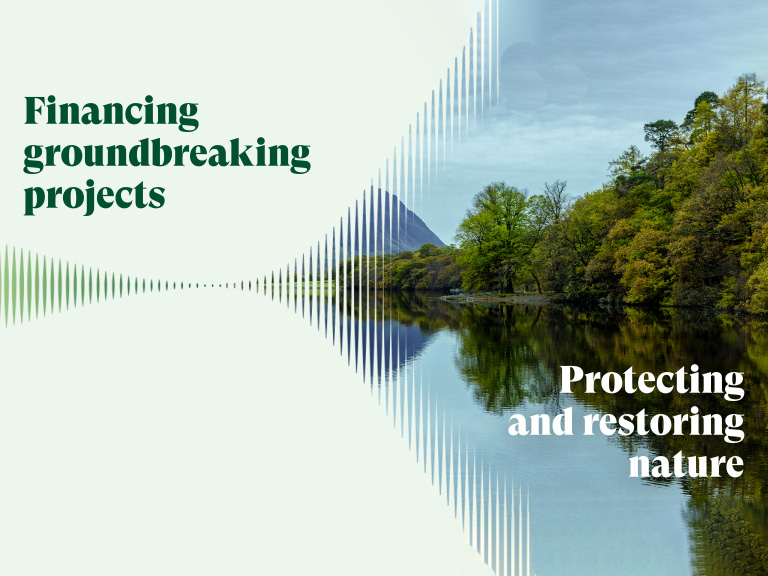Climate Solutions Partnership
We partnered with World Resources Institute (WRI) and WWF from 2020 to 2025 to help unlock barriers to commercial financing for climate and energy projects, and nature-based solutions. Our philanthropic contribution of USD 100 million went towards guiding policy advancement, mobilizing commercial financing, supporting innovation and engaging diverse stakeholders across Asia, Europe, the Middle East and Latin America.
The Partnership’s impact
Watch the film below to see how we’ve worked with our partners and communities to scale up climate solutions.
By harnessing the combined expertise and networks of HSBC, WWF and WRI, the CSP has developed and implemented solutions that seek to address pressing environmental challenges.
We enabled inspiring projects across renewable energy, farming, textiles and apparel, and sustainable supply chains guided by the partnership’s 3 strategic focus areas:
- A net-zero Asia: accelerating the transition to renewable energy and energy efficiency
- Investing in nature’s resilience: scaling nature-based solutions for climate and communities
- Amplifying impact through knowledge sharing
These initiatives have not only delivered measurable outcomes but also provided valuable insights and lessons that can inform future projects.
-
USD 635.4<p>million total finance unlocked</p>
-
13 million<p>hectares of biodiversity maintained or improved</p>
-
1069sustainable enterprises financed or supported654companies engaged in their decarbonisation efforts
Although the initial five-year phase has concluded, the CSP’s work is far from over. Several initiatives will continue beyond this core effort, with the aim of achieving systemic change. For a complete summary of the key outcomes and impact of the CSP, please visit our partners’ websites to read the Showcase Report on WRI (opens in new window) and WWF (opens in new window).
Protecting land and livelihoods
We’re partnering with marginalised communities to support vital landscape restoration in rural India.
Shoring up natural defences
We’ve donated to finance the planting of thousands of mangroves along Egypt’s Red Sea coastline and delivered a boost to local economies.
Conserving peat swamp forests
We’ve connected with communities and organisations in Malaysia to help reduce fire risk to peat forests and build local enterprise.
More on our net zero ambition

Our climate strategy
We aim to become a net zero bank by 2050 by reducing our own emissions and supporting our customers to diversify and decarbonise.

Financing net zero
We’re working with our customers to support their transition to lower carbon emissions.

Net zero in our operations
We’re working to reduce emissions in our operations, travel and supply chain.

